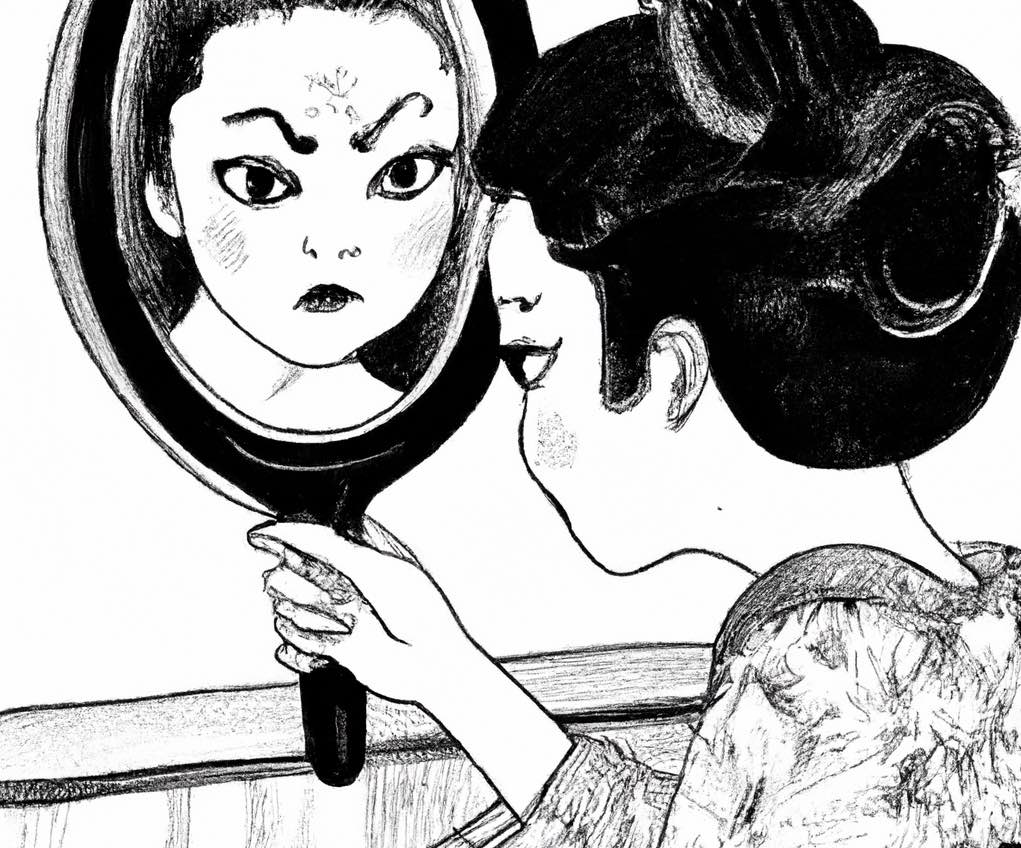Tag: self esteem
-

3 Tips for improving your confidence if you have OCD
People with OCD often have issues with confidence because they are constantly doubting themselves and their abilities. This can be extremely frustrating and debilitating, as it can prevent them from enjoying activities or participating in activities that they used to enjoy. I have ocd and it really affects my confidence. I tend to second guess…
-

5 CBT based techniques to help you with confidence
Cognitive behavioural therapy (CBT) is a talking therapy that can help you manage your problems by changing the way you think and behave. It’s most commonly used to treat anxiety and depression, but can be useful for other mental and physical health problems. CBT is based on the idea that our thoughts, feelings, physical sensations…

